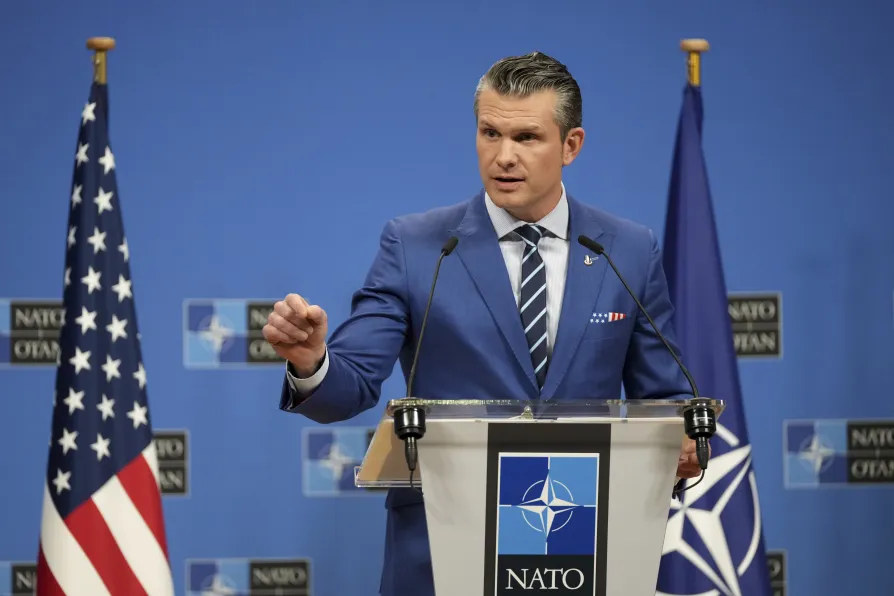By pressuring Mexico to halt oil shipments, Washington is escalating its blockade of Cuba into a direct bid for economic collapse and regime change, argues SEVIM DAGDELEN

 United States Secretary of Defense Pete Hegseth speaks during a media conference after a meeting of NATO defense ministers at NATO headquarters in Brussels, February 13, 2025
United States Secretary of Defense Pete Hegseth speaks during a media conference after a meeting of NATO defense ministers at NATO headquarters in Brussels, February 13, 2025
AS WE approach the third anniversary of the Russian invasion of Ukraine, a monumental shift is taking place that might just lead to the end of this calamitous war. This is not a breakthrough on the battlefield, but a stark reversal of the US position from being the major supplier of weapons and funding to prolong the war to one of peacemaker.
Donald Trump promised to end the war in Ukraine if he was re-elected as president. On February 12, he started to make good on that promise by holding a 90-minute call with Russian President Vladimir Putin, whom Joe Biden had refused to talk to since the war began.
They agreed that they were ready to begin peace negotiations “immediately,” and Trump then called President Volodymyr Zelensky and spent an hour discussing the conditions for what Zelensky called a “lasting and reliable peace.”

Washington plays innocent bystander while pouring weapons and intelligence into Ukraine, just as it enables the Gaza genocide — but every US escalation leaves Ukraine weaker than the neutrality deal rejected in 2022, argue MEDEA BENJAMIN and NICOLAS JS DAVIES













